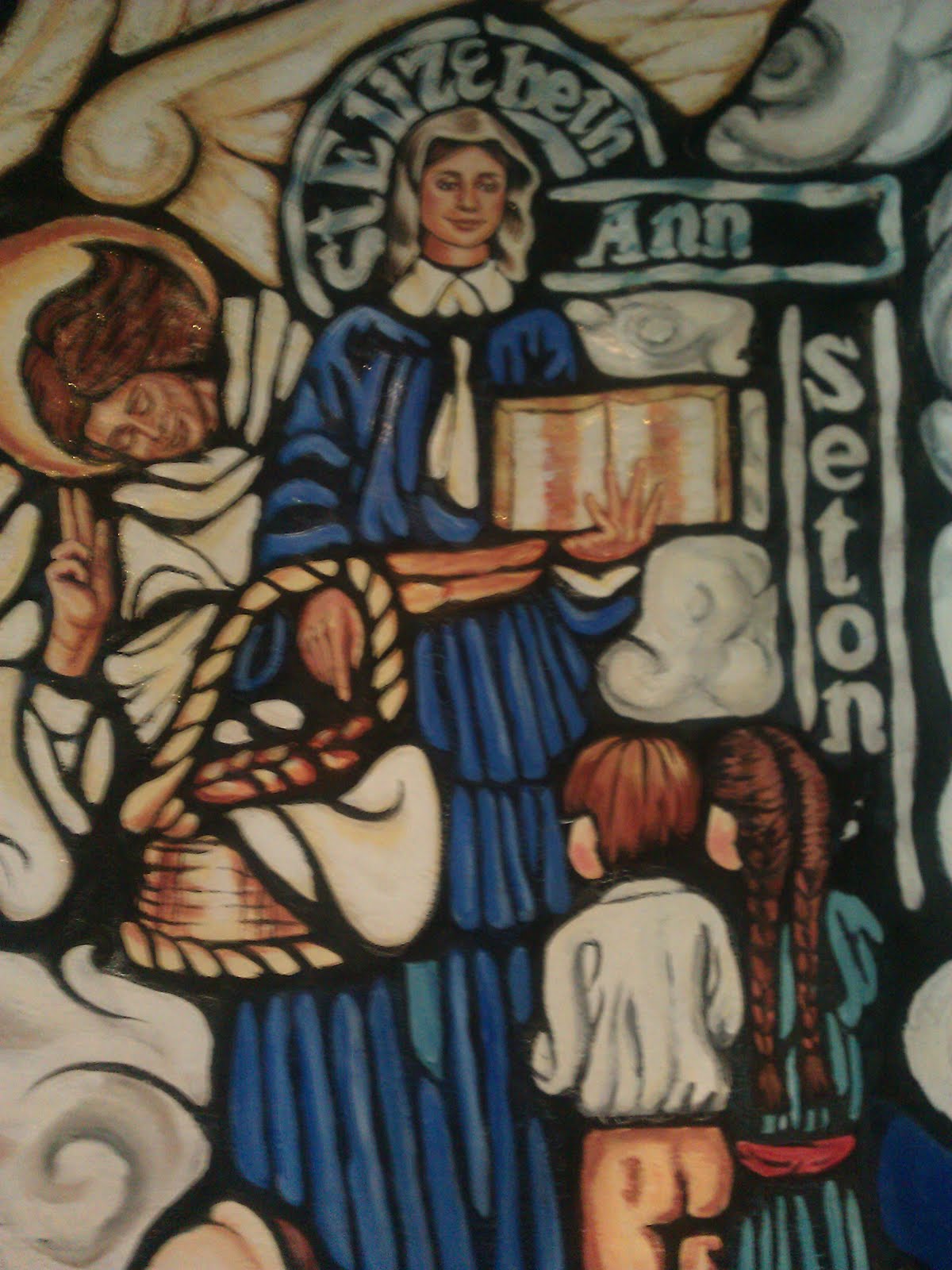Elizabeth Ann Seton Plano stands as a beacon of faith, education, and compassion in the modern world. As the first native-born American saint, her life story is not only inspiring but also serves as a testament to the power of devotion and service to others. This article explores her life, contributions, and the legacy she left behind, particularly in Plano, Texas, where her influence continues to resonate in the community. In this comprehensive guide, we will delve into her biography, her role in education, and the impact she has made on the lives of countless individuals.
In the following sections, we will provide an in-depth look at Elizabeth Ann Seton’s life, her dedication to education, and how her teachings have influenced the Catholic community in Plano. We will also discuss her canonization and the importance of her legacy in today’s society. This exploration aims to honor her contributions while providing valuable insights into her philosophy of life and faith.
Join us as we embark on this journey through the life of Elizabeth Ann Seton Plano, uncovering her remarkable achievements and the enduring spirit that continues to inspire generations. Whether you are a longtime follower of her teachings or new to her story, there is much to learn and appreciate about this extraordinary woman.
Table of Contents
- Biography of Elizabeth Ann Seton
- Personal Data and Biodata
- The Role of Education in Elizabeth Ann Seton’s Life
- Canonization of Elizabeth Ann Seton
- Legacy of Elizabeth Ann Seton in Modern Society
- Conclusion
Biography of Elizabeth Ann Seton
Born on August 28, 1774, in New York City, Elizabeth Ann Seton was raised in a devout Anglican family. After marrying William Seton in 1794, she experienced profound personal loss, including the death of her husband in 1803. Following her husband's death, Elizabeth converted to Catholicism and dedicated her life to serving God through education and charity.
In 1809, Elizabeth founded the Sisters of Charity of St. Joseph, the first religious community for women in the United States. Her mission was to provide education and support to underprivileged children, a cause that would lay the foundation for the Catholic education system in America. Throughout her life, Elizabeth faced numerous challenges, including societal discrimination against Catholics, yet she remained steadfast in her faith and commitment to service.
Personal Data and Biodata
| Full Name | Elizabeth Ann Seton |
|---|---|
| Date of Birth | August 28, 1774 |
| Date of Death | January 4, 1821 |
| Nationality | American |
| Religion | Catholicism |
| Occupation | Founder, Educator, Saint |
The Role of Education in Elizabeth Ann Seton’s Life
Education was at the heart of Elizabeth Ann Seton's mission. She believed that knowledge was essential for spiritual and personal development. Her approach to education emphasized not just academic learning but also moral and spiritual growth.
Founding Schools and Educational Institutions
In 1808, Elizabeth opened a school for girls in Baltimore, Maryland, which became the first Catholic school in the United States. This institution was groundbreaking, as it provided quality education to young women at a time when such opportunities were scarce. She also established several other schools and educational programs, focusing on helping those in need.
Impact on Education in Plano
In Plano, Texas, Elizabeth Ann Seton's legacy continues through various educational initiatives that reflect her commitment to learning and community service. Schools inspired by her teachings prioritize not only academic excellence but also the moral and spiritual development of students. The influence of her philosophy can be seen in the numerous Catholic schools and educational programs that thrive in the area today.
Canonization of Elizabeth Ann Seton
Elizabeth Ann Seton was canonized by Pope Paul VI on September 14, 1975, becoming the first American-born saint. Her canonization was a significant moment in the history of the Catholic Church in the United States and highlighted her contributions to education and her unwavering faith.
Her feast day is celebrated on January 4, the anniversary of her death, and she is recognized as the patron saint of Catholic schools, widows, and orphans. Elizabeth's life exemplifies the virtues of charity, humility, and dedication, making her a role model for millions around the world.
Legacy of Elizabeth Ann Seton in Modern Society
The legacy of Elizabeth Ann Seton is felt far beyond the boundaries of her lifetime. Her commitment to education, particularly for women and children, laid the groundwork for the Catholic education system in the United States. Today, her influence is seen in the countless schools and institutions that continue to carry on her mission of education and service.
Moreover, Elizabeth's teachings on compassion, faith, and perseverance resonate with individuals from all walks of life, inspiring them to lead lives of purpose and service. In Plano, her impact is evident through community service programs, educational initiatives, and the continued growth of Catholic education.
Conclusion
Elizabeth Ann Seton Plano’s life is a testament to the power of faith, education, and service. Her journey from personal tragedy to becoming a saint reflects her unwavering commitment to God and her fellow human beings. As we reflect on her legacy, it is crucial to recognize the values she championed and how they can guide us in our daily lives.
We invite you to share your thoughts and experiences related to Elizabeth Ann Seton's teachings. Please leave a comment below, share this article with others, or explore more about this incredible woman and her impact on education and faith. Let us continue to honor her legacy and inspire future generations.
Thank you for taking the time to read about Elizabeth Ann Seton Plano. We hope to see you back on our site for more inspiring stories and informative articles.




